Concerns regarding the new EU regulations on deforestation and their financial implications for farmers and producing nations have been voiced by Joseph Boahen Aidoo, the CEO of the Ghana Cocoa Board.
Sustainable and ethically sourced cocoa is the outcome of the new EU regulations on deforestation, which among other things mandate that producing nations adhere to strict procedures meant to maintain the environmental ecology.
There are serious ethical and financial questions about who should pay the additional costs of compliance for countries like Ghana, Cote d’Ivoire, and Cameroun, despite the legislation’ laudable aims, some of which were already being handled.
Ghana has already completed the Cocoa Management System (CMS), which is necessary for the cocoa traceability system, even before the EU Regulations were introduced.
The system will be fully implemented in October this year. However, the CEO of COCOBOD is concerned about the cost implications of compliance, which could lead to increased costs for cocoa and present social and economic challenges to farmers who are already struggling with economic conditions in their respective countries.
Mr Boahen Aidoo emphasized during a panel discussion at the World Cocoa Conference in Brussels that Ghana is committed to implementing the European Union regulations, but it will come at a cost to farmers and producing countries such as Cote d’Ivoire and Cameroun.
Even before the new regulations, producing countries had already taken steps to address the challenges of climate change and its impact on production. In Ghana, for example, farmers had already started mapping farms to trace the source of cocoa.
Mr Boahen Aidoo pointed out that the new regulations did not consider the issue of costs and who would bear the responsibility for the expensive technologies and tools involved.
The individual farmers cannot bear the cost of compliance. Therefore, he argued that developed countries that consume the majority of the cocoa produced should partly bear the liability of paying for the cost of compliance.
These countries should support cocoa-producing countries for ethically and sustainably sourced cocoa, given the substantial investments in resources involved in compliance and the economic pressure that producing countries are already facing.














